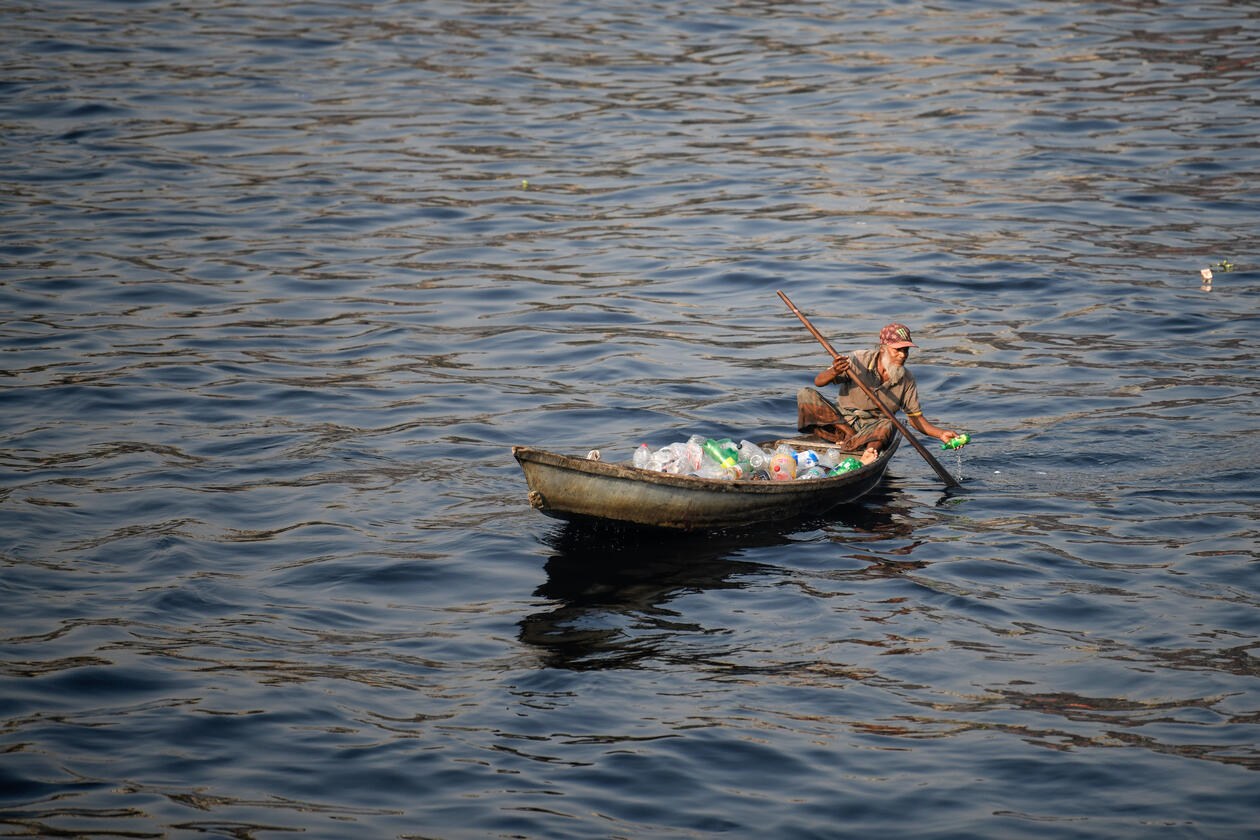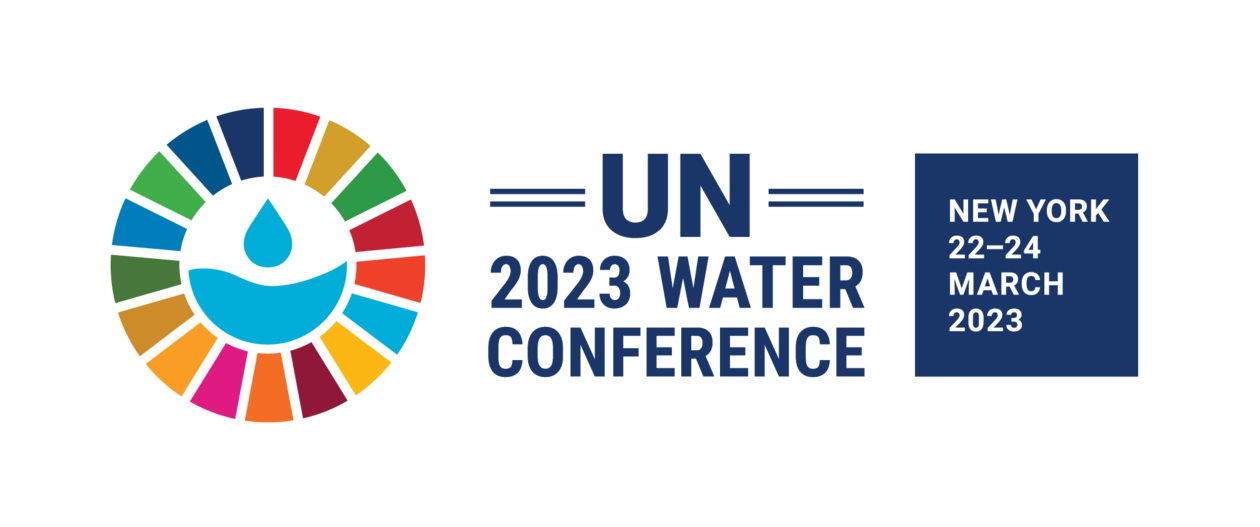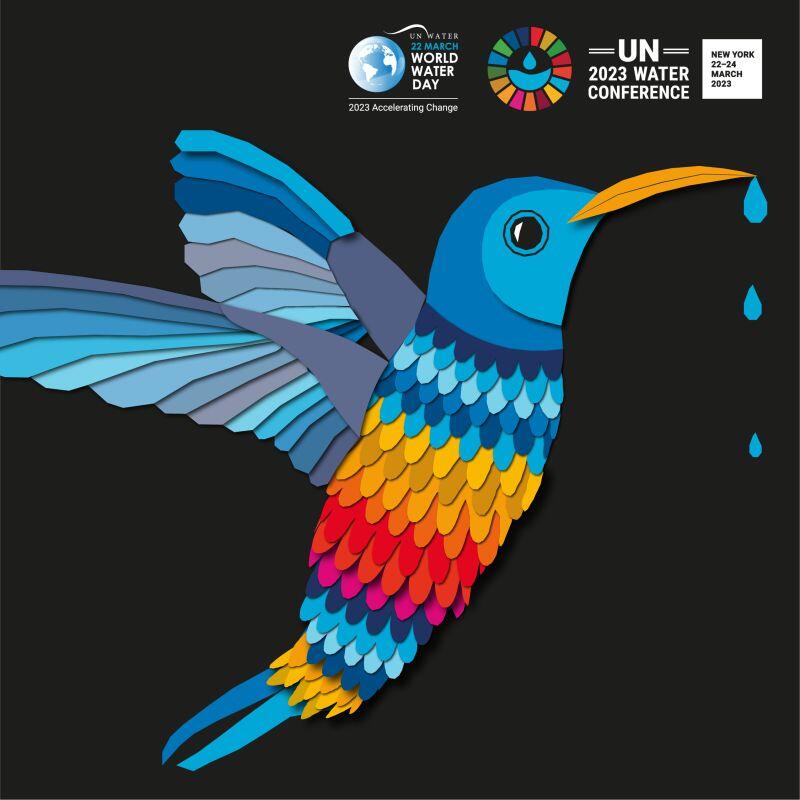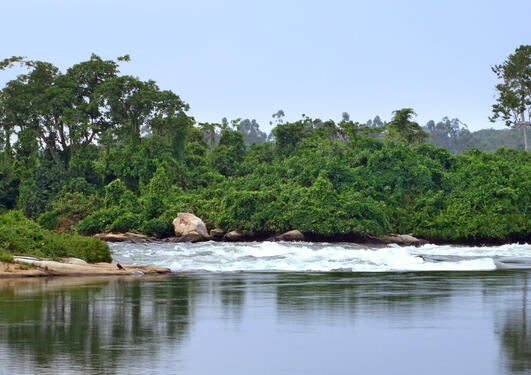Our water world: on the frontlines of water access and governance
This side event will take us to the frontlines of water access and governance. We will address four key frontlines through ongoing research projects, which will present policy makers with scientific knowledge to achieve SDG6: “Clean water and sanitation for all”.
Main content
Side event at the UN 2023 Water Conference – Thursday 23 March 2:00-3:15pm (EST)
Organised by
University of Bergen
with co-organisers:
International Water Assocation (IWA)
Norwegian Agency for Development Cooperation (Norad)
United Nations Academic Impact (UNAI)
Pacific Small Island Developing States (PSIDS)
International Association of Universities (IAU)
University for Development Studies, Ghana
Norwegian University of Life Sciences
People are facing different water challenges around the world. The familiar problems of water quality, quantity, and poor management/governance are now supplemented by additional challenges such as climate change, with rising sea levels and more extreme weather conditions. Droughts and excessive rains are becoming more frequent even in areas where it did not use to be common. Growing populations, growing urban centres/increased urbanisation, and failure to provide access to clean water sources are no longer the only challenges to achieve SDG6.
Local communities as well as national governments around the world are putting access to clean water higher on their list of priorities. Efforts are being made all over the world to ensure that populations will have access to clean water and safe, hygienic sanitation in the future.
This side event presents four major frontlines for water:
- Coastal and riverine communities in cross-pressure between rising sea levels and melting glaciers; e.g., Bangladesh
- Rivers and delta systems facing the challenges of management and governance of massive river systems; e.g., the Nile, Mekong, Brahmaputra, and Senegal rivers
- Small island developing states, in particular atoll nations, which stand to lose their groundwater through climate change induced sea-level rise and saline intrusion into already vulnerable rainwater deposits, thus facing water insecurity
- Clean and accessible water as common good or commodity: from the rural to the urban
By discussing the frontlines of access to clean water for all, we will address the discrepancies between research and policy making and real life. The challenge is to make scientific research relevant for local communities around the world. As part of the side event two projects in the NORHED II programme funded by the Norwegian Agency for Development Cooperation (Norad) and dealing with capacity-building in higher education, will be presented. This side event will show the critical relevance of science and higher education in achieving SDG6.
PROGRAMME
Welcome by Omar Hernández, Public Information Officer, United Nations Academic Impact
Speakers
- Ambassador Ilana Seid, Permanent Representative of Palau to the United Nations and PSIDS Chair
- Professor Kala Vairavamoorthy, Executive Director, International Water Association
- Professor Harsha Ratnaweera, Norwegian University of Life Sciences
- Executive Director Elisabeta Poçi, Water Supply and Sewerage Association of Albania
Water Frontline Reflections
- Dr. Tore Sætersdal, University of Bergen
Moderator
- Professor Edvard Hviding, University of Bergen



